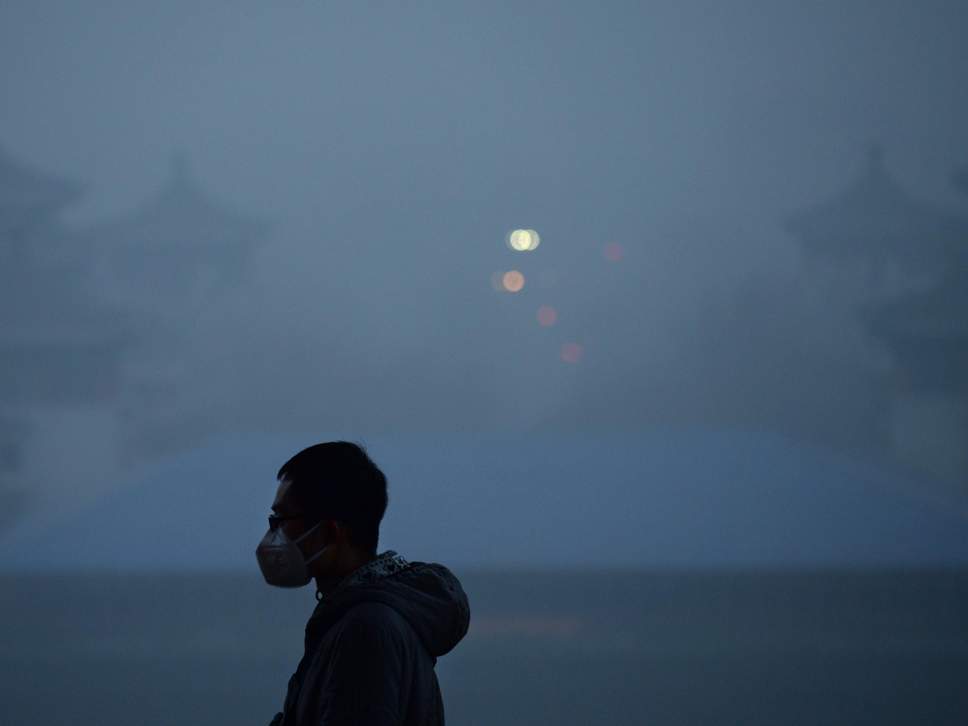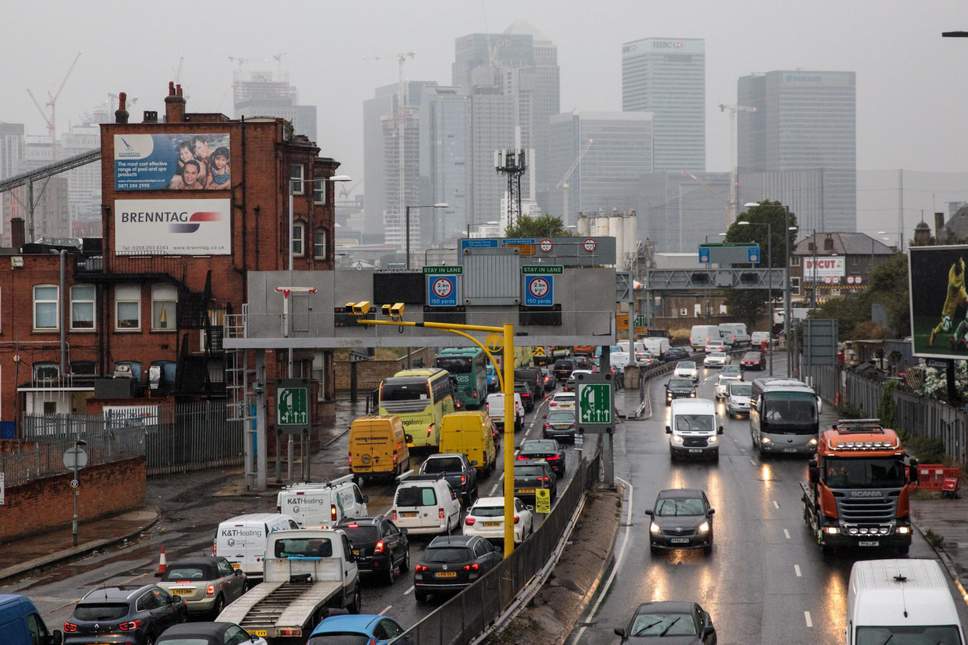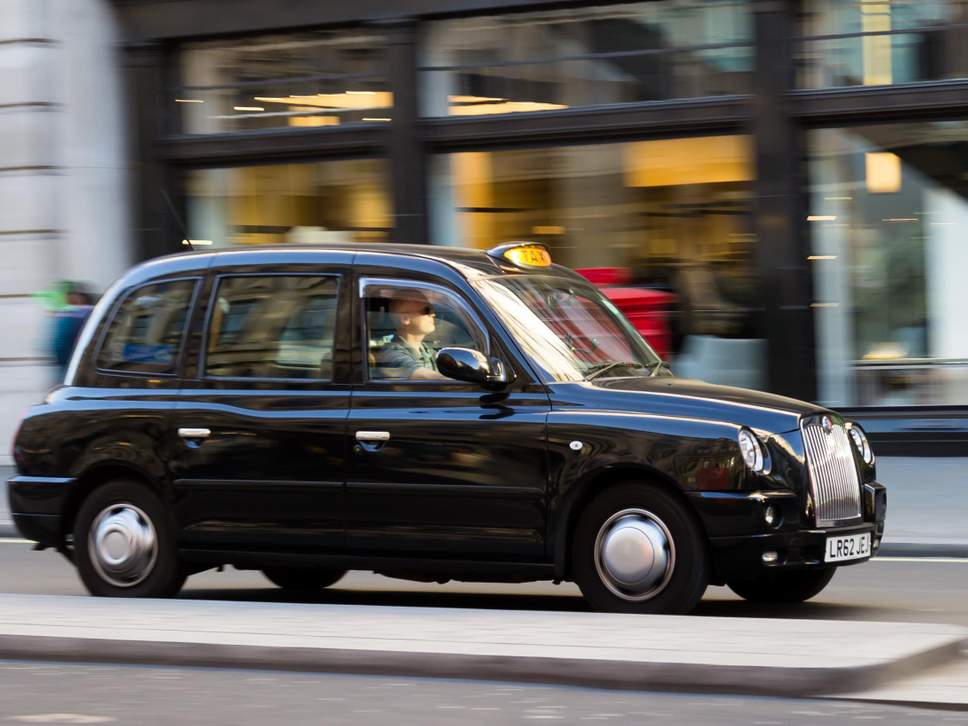
December Top 10 Sustainability Highlights
New year, same planet, same challenges. 2018 was an enlightening year for the UK, along with the rest of the globe. We learned more about our environmental crisis and realised that immediate action is necessary. Rather fittingly, December rounded out the year with The Government's Waste and Resource Strategy, setting the plan for addressing many of our waste challenges, including of course the plastic problem. December, much like the month's before, saw organisations, companies, and even regular people making big changes, swaps, and shifts to do better for the planet. Here's hoping the momentum continues in 2019!
1. Waste and Resource Strategy
At-a-Glance Strategy: https://www.gov.uk/government/publications/resources-and-waste-strategy-for-england/resources-and-waste-strategy-at-a-glanceIt's finally here! The UK Government's Waste and Resource Strategy outlines the Government's plan to tackle the waste crisis. Of course, plastic waste is a major focus, but they're looking broadly at waste: food, packaging, clothing, batteries, electrical, construction, etc.. And not just the waste itself, but how it's managed, or mismanaged in the case of waste crime. Highly recommend this read. Many of the proposals and plans herein will directly impact you and your business.
Much of this strategy is subject to consultation and more specific legislature, but below are some of the relevant proposals included:
- Working toward all plastic packaging being either recyclable, reusable or compostable by 2025. (pg 13)
- Extended Producer Responsibility: the intention is to review how the Government can incentivise the producers to bring more sustainable materials to the market - they would be taxed for the full cost of managing their products at end of life (if it's not easily recyclable, this would in theory bear a larger tax). (pg 32)
- Tax on plastic packaging using less than 30% recycled material (check out our Revive range which already meets this criteria #shamelessplug) (pg 41)
- Deposit Return Scheme for single-use drinks containers (pg 60)
- Ensuring a consistent set of dry recyclable materials is collected from all households and businesses (pg 68)
- Businesses will need to present recycling and food waste separately from residual waste for collection and make available information on what is recycled. (pg 69)
- Separate weekly food waste collections for every household and business by 2023 (pg 70)
- Government will review collection models for densely populated areas to improve recycling - that could mean they pilot a shared domestic and business collection service (pg 73).
- Piloting a food waste reduction scheme supported by a £15-million fund. This will likely look like a redistribution scheme which moves food surplus from businesses to charities to redistribute to the hungry public. (pg 100)
- Encourage businesses to set a food waste reduction target, and may consider mandatory food waste prevention targets. (pg 103)
- Will call for development of new standards for compostable, biodegradable, and other "innovative" packaging. (pg 125)

2. Breakthrough as World’s Largest Palm Oil Trader Gives Forest Destroyers Nowhere to Hide
https://www.greenpeace.org/international/press-release/19898/worlds-largest-palm-forest-destroyers-nowhere-to-hide/Wilmar International supplies 40% of the world’s palm oil. They’ve just published an action plan to ensure their suppliers are not contributing to deforestation. According to the plan, by the end of 2019 they will have installed satellites to monitor supplier activity. Greenpeace see this as a huge step in the right direction and should Wilmar stick to their plan, could turn the tide in addressing the palm oil induced deforestation crisis. Hopefully, they say, it will put pressure on the rest of the sector to put similar commitments into place.

3. China’s War on Air Pollution Causing Increase in Dangerous Ozone, New Study Warns
https://www.independent.co.uk/environment/china-air-pollution-ozone-beijing-shanghai-research-study-science-a8705936.htmlCleaning the air is a bit more complicated than originally thought. In 2013, China launched a campaign to significantly reduce air pollution due to concerns of toxic smog. They reduced the amount of cars and cut emissions from coal-fired power plants – all great stuff that resulted in some great success in some areas of air pollution measurement! But not in others. Turns out, that while it was fantastic that China moved so quickly (noting it took them 4 years to do what the USA did in 30), the rapid changes actually altered the chemical composition of the atmosphere so that it now produces more ozone, a very harmful substance for human lungs.

4. Mayor Unveils £23M to Help Businesses Scrap Dirty Vans
https://www.standard.co.uk/news/mayor/mayor-unveils-23m-to-help-businesses-scrap-dirty-vans-a4020341.htmlDo you have an old, rickety van that almost-certainly isn’t Ulez-compliant? Don’t worry! Mayor Sadiq Khan has got the plan for you. He will offer financial support to small businesses to help them scrap their old vans and replace them with more eco-friendly ones. The Mayor wants to rid London of its polluted, ‘lethal air’ and is willing to support even the most budget-strapped of us to do it.

5. London’s Black Cabs ‘Up to Thirty Times As Toxic As Personal Cars’
https://www.independent.co.uk/environment/black-cabs-taxis-air-pollution-london-research-true-icct-a8688141.htmlYikes. Looks like the Mayor is not just looking at trucks, but black cabs, too! After a report noted that some of the most common Black Cab models produce significantly more damaging emissions than a standard car, he is urging drivers to switch to electric models instead. The London EV Company is working to develop the latest generation of London taxis with the environment in mind. Together with the Mayor, they are working to hit his target of 9,000 electric taxis in London by the end of 2020. We believe in you Mayor!

6. This Sparking Water is the First Drink to Get its Fizz from CO2 Captured from the Atmosphere
Yup, you read that right. This Coca Cola owned company in Switzerland is sucking CO2 from the atmosphere and using it to fizz up their latest sparkling water. This is a new alternative to the typical fizzy drink source of CO2: chemical factories or even extracting it from the ground where it would have otherwise been safely sequestered. This new technology can help eliminate CO2 from the atmosphere – much needed of course – and will likely put much of it back in the ground to transform into stone. Innovation for the massive win!
7. Cop24 Climate Talks End in Agreement – Barely
https://edition.cnn.com/2018/12/15/health/cop24-climate-change-talks-agreement/index.html
So Cop24 has ended. As a quick reminder, Cop24 held in Poland was meant to be the UN climate talk that agreed on a plan of action toward the Paris agreement in 2015. And the conclusions of this conference? Hard to say. What we know is that the conversations were often challenging, with the USA, Saudi Arabia, Russia, and Kuwait pushing against much of what are held as given climate science. But, in the end, the group arrived at what’s being called a “rulebook” that will guide countries to implementing the Paris goals. Some key decisions were postponed: adjusting national targets for cutting greenhouse gasses and targets for financially supporting poorer countries. More on the challenges for developing countries. Many believe that though this rulebook represents progress, it is still missing the level of urgency our planet requires.
8. Walkers to Recycle Crisp Packets After Postal Protest
https://www.theguardian.com/environment/2018/dec/10/walkers-recycle-crisp-packets-postal-protest
Done with your crisps and don’t want to bin the bag? Good, don’t! Now, you can send them to TerraCycle which will recycle them into items such as outdoor furniture or trays. They encourage consumers to gather a batch of packets before sending to one of 191 UK collection sites to be environmentally efficient and also offer a free courier service if you are unable to get to the collection point yourself. This comes in response to everyday-people-like-you-and-me’s activism – great work team, more of that please!
9. Indonesia Tsunami Caused by Collapse of Volcano
https://www.theguardian.com/world/2018/dec/24/sunda-strait-tsunami-volcano-indonesia
On 23 December, Indonesia suffered a terrible tsunami caused by the collapse of Indonesia’s Anak Krakatau volcano island. They lost more than 420 people and over 40,000 were displaced.
10. Thames Water Handed £2M Fine for Spilling Raw Sewage Into River
Thames Water allowed raw sewage to flow into the river, wiping out a local fish population and flowing into a tributary of the Thames. Turns out the company ignored over 1000 alarms alerting them to the spillage. Though the cause is unknown, they are being called out for having not learned their lesson from a previous spill in 2017 that also damaged the natural environment. The company expresses their deep regret and have taken measures to improve their operations.




Leave a comment